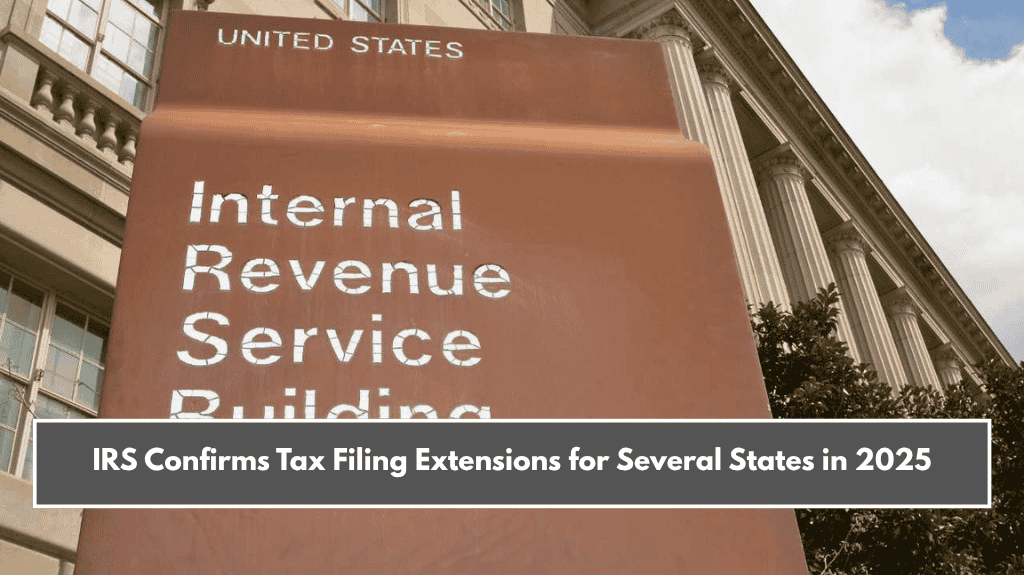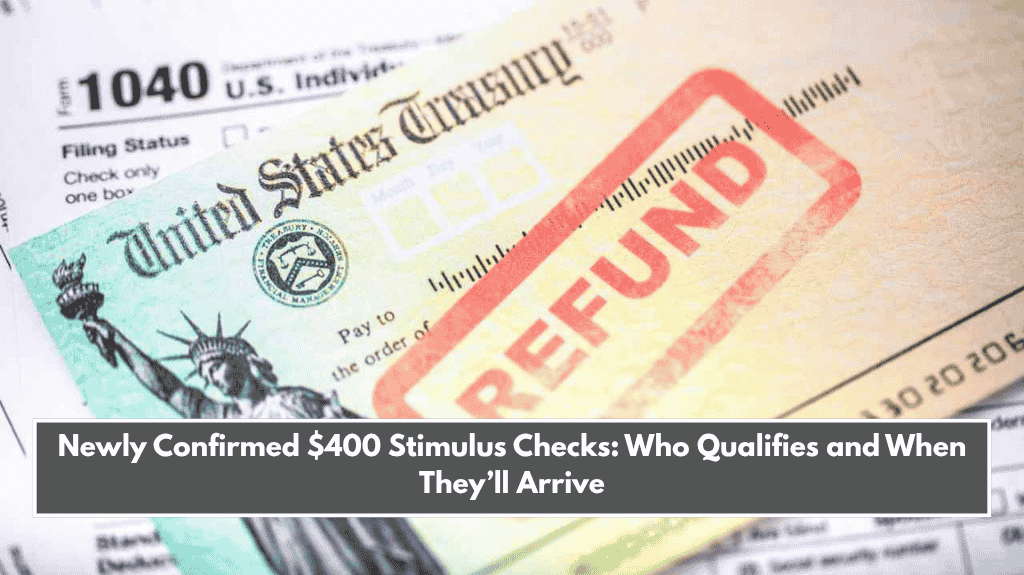Fast food has always been seen as a quick, cheap way to grab a bite. But now, even the workers flipping the burgers and frying the fries can’t afford to eat the meals they serve. A recent survey shows that many fast food workers across the U.S. are finding it harder than ever to pay for a typical meal from the very places they work.
Workers Must Work Longer to Afford a Meal
A study by financial platform Lending Tree used data from labor statistics to compare the wages of fast food workers to the average American worker. The results show a growing gap between pay and meal prices.
Today, the average fast food worker needs to work 46 minutes to afford one regular combo meal, which usually costs around $11.56. In contrast, someone with an average American income only needs to work 21.2 minutes to afford the same meal.
San Francisco: The Costliest Fast Food City
According to the study, San Francisco has the most expensive fast food meals in the U.S., with an average combo meal costing $12.73. Even though the minimum wage is high in California (about $20.67 per hour for fast food workers), workers still need to work 36.9 minutes just to buy one meal.
Compare that to other workers in the same city making $48.15 per hour – they only need to work 15.9 minutes to get the same meal.
Other Expensive Cities: New York and Los Angeles
Right behind San Francisco is New York City, where fast food meals are also expensive. Then comes Los Angeles, where an average combo meal costs $12.24. In both cities, fast food workers still spend far more time earning enough for a single meal compared to other professionals.
In Seattle, the fourth most expensive city, an average meal costs $12.22. Despite being slightly cheaper than LA and New York, it still takes more time for fast food staff to earn enough for lunch.
Cheapest Fast Food? Head to Indianapolis
The city with the lowest fast food prices is Indianapolis, Indiana, where the average combo meal costs $9.19. Still, a fast food worker there has to work 39.4 minutes to buy it, while the average local worker earning $30.25 per hour only works 18.2 minutes for the same meal.
Tariffs May Make Prices Worse
Things may not get better soon. Experts say fast food meal prices could go even higher, especially after former President Donald Trump’s global tariffs kicked in recently.
These tariffs affect key fast food ingredients like beef, palm oil, and coffee. For instance, McDonald’s sources beef from Australia, which now faces a 10% import tariff. This means burgers like the Big Mac could soon be more expensive.
Fast food chains may pass these rising costs onto customers, which would hit workers and budget-conscious eaters the hardest.
Fast food, once the most affordable dining option for everyone, is now slipping out of reach for the very workers who prepare it. In big cities like San Francisco and New York, employees at McDonald’s and Taco Bell must work nearly twice as long as other professionals to afford their own food.
With global tariffs and ingredient costs rising, things may only get worse. While fast food companies face their own challenges, the growing wage gap and increasing meal prices highlight a deeper issue about fairness and affordability in today’s economy.















